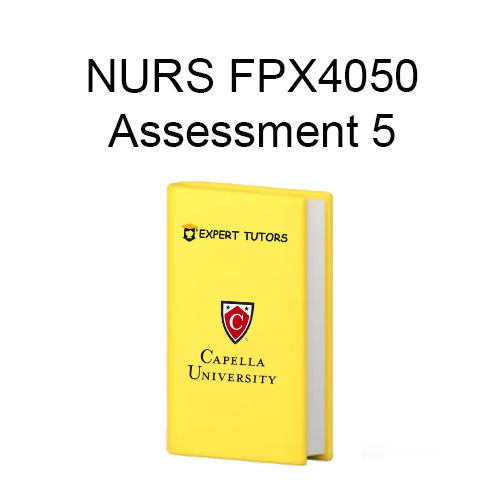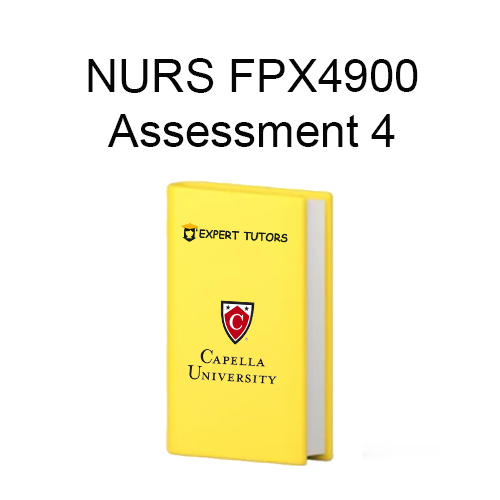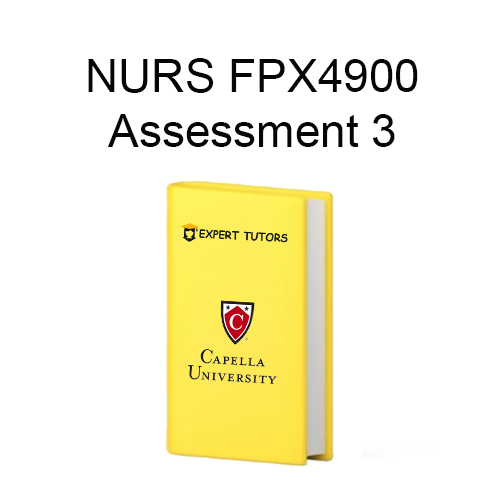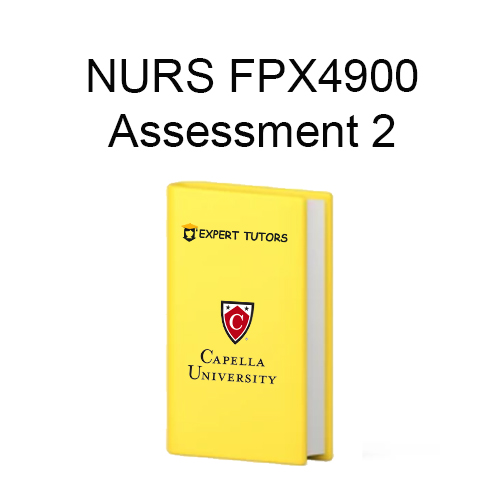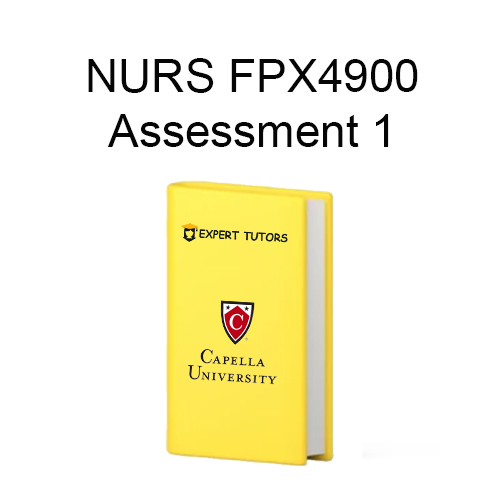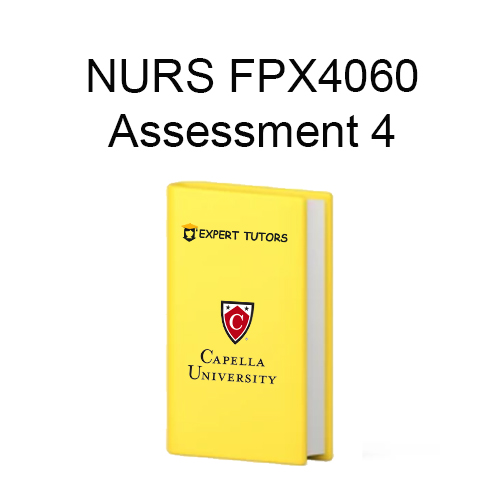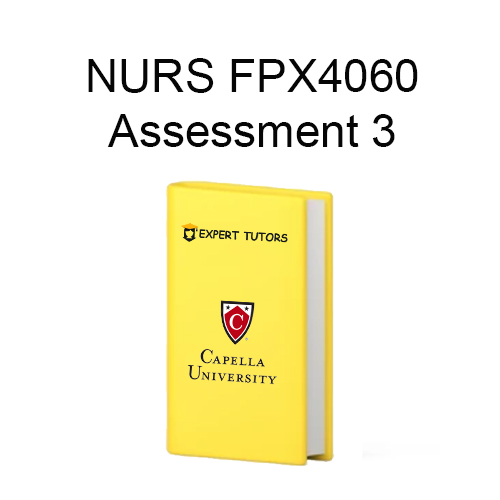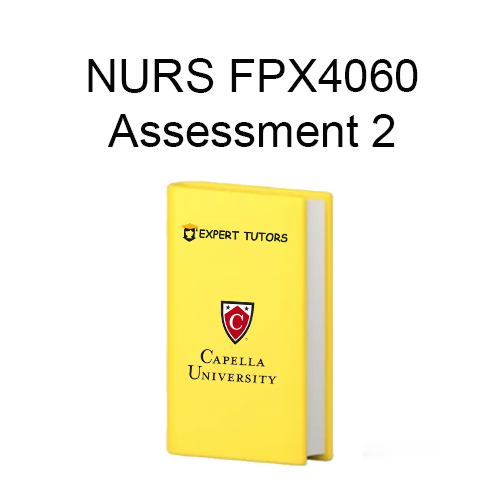Name
Capella University
FPX-5004
Prof. Name
March, 2024
Leadership and Collaboration
Lakeland Medical Clinic
Hello Lynnette, I am genuinely excited to engage in the proposed project. The current challenges at Lakeland Clinic, particularly regarding the diversity issue, require a leadership approach that is not only effective in a conventional sense but also deeply empathetic and culturally sensitive. In leadership, few figures exemplify these traits as prominently as Nelson Mandela. Mandela’s leadership style, which blends transformational and servant leadership elements, offers a rich template for leading a project that addresses diversity issues in a healthcare setting (Borde et al., 2022).
Mandela was an exceptional leader who demonstrated a deep understanding of cultural diversity. He was committed to promoting equality and could inspire trust and cooperation among diverse groups. His empathy enabled him to connect with people personally, acknowledging and respecting their cultural backgrounds and experiences. This quality is critical for the success of the Lakeland Clinic initiative, where it is essential to understand the Haitian community’s cultural beliefs, practices, and values to build trust and improve healthcare outcomes. I value empathy as a crucial component of effective leadership and continuously strive to improve this skill professionally. However, I aim to emulate Mandela’s ability to strategically leverage empathy to unite diverse groups and drive large-scale change. Improving this skill would enable me to understand the Haitian community’s needs better and align and motivate the project team toward enhancing diversity and inclusivity at the Lakeland Clinic.
The Lakeland Clinic aimsClinic’s to address diversity issues and improve relationships with the Haitian community. To achieve this, the clinic needs a leader with unique qualities. Given the nature of the challenges, several leadership characteristics are particularly crucial for the success of this initiative (Rosing et al., 2022). First and foremost, cultural empathy is essential. The project’s success is not just about implementing policies or strategies; it’s about understanding and valuing the Haitian community’s cultural nuances, beliefs, and practices. A leader with cultural empathy can appreciate these differences and is sensitive to their complexities. This quality helps build trust and genuine relationships, vital for the project’s acceptance and effectiveness.
Strong communication skills are another critical attribute for this role. The leader should be able to articulate the project’s goals and vision clearly to all stakeholders, including clinic staff and community members. This includes speaking and writing effectively and being an active listener. Understanding the community’s concerns, feedback, and suggestions will be crucial in shaping a responsive and inclusive strategy (Ystaas et al., 2023). Collaborative leadership is also key. The project will involve various professionals from different disciplines and backgrounds, so the leader must bring these diverse individuals together, fostering a sense of teamwork and shared purpose. Collaboration extends beyond just the internal team; it also involves collaborating with the community members themselves, ensuring their voices are heard and integrated into the project’s planning and execution.
Adaptability and problem-solving skills are essential qualities as well. Projects that deal with cultural sensitivity and community engagement often encounter unexpected challenges and resistance. A leader who can adapt to changing situations, think creatively, and solve problems effectively will be able to navigate these challenges while keeping the project on track. Finally, a commitment to continuous learning and improvement is crucial. A leader who recognizes that they do not have all the answers and is open to learning from the team, the community, and other sources will be able to continuously refine and improve the project’s approach. This humility and willingness to learn are vital in a project that deals with complex and sensitive issues like diversity and cultural inclusivity.
The ideal leader for this project would embody cultural empathy, strong communication skills, collaborative leadership, adaptability, problem-solving skills, and a commitment to continuous learning. These qualities will enable the leader to effectively address the diversity issues at the Lakeland Clinic while fostering a positive, inclusive environment that respects and celebrates cultural differences. As the leader of the committee addressing the diversity issue at Lakeland Clinic, my leadership style would be predominantly collaborative. This style is particularly effective in interdisciplinary settings where diverse skills, perspectives, and cultural insights are essential for addressing complex issues like diversity in healthcare. The collaborative approach promotes a democratic atmosphere where every team member feels valued and is encouraged to contribute. This not only enhances the creativity and richness of ideas but also ensures that decisions are well-rounded and representative of diverse perspectives. However, this approach can sometimes lead to challenges in reaching consensus and potential delays in decision-making. Balancing the need for collaborative inputs with efficient decision-making would be a critical aspect of my role.
When I compare my leadership skills to those of Nelson Mandela, a chosen healthcare leader, I can see both similarities and differences. Like Mandela, I prioritize empathy in my approach. I strive to understand and appreciate diverse perspectives, which is crucial for the Lakeland Clinic project. In previous team projects, I have actively sought to include and understand diverse viewpoints, like how Mandela listened to and integrated diverse voices. However, there is a significant difference in the scale and depth of our application of empathy. While I apply empathy more on an individual or team level, Mandela demonstrated it on a much larger scale, affecting communities and nations. I am impressed by Mandela’s remarkable resilience and ability to inspire and mobilize people even in the toughest times. He led a significant cultural and political movement under extreme adversity, which I have yet to encounter or manage. While I am effective in collaborative environments and problem-solving within my team, Mandela’s ability to navigate through significantly larger and more complex challenges is an area where I have room for growth and development (Fenn et al. 2022).
To ensure effective teamwork and collaboration, I propose the following strategies:
Use of Communication Technologies: Modern communication tools like Slack and Microsoft Teams would ensure efficient and continuous communication. These platforms facilitate formal and informal meetings, which are essential for team bonding and quick information exchange.
Clear Accountability Mechanisms: It is critical to establish clear roles and responsibilities from the outset and to schedule regular progress meetings and updates to ensure accountability and keep the team focused and on track.
Democratic Decision-Making and Effective Delegation: Involving team members in decision-making brings diverse viewpoints and enhances team commitment to decisions. Delegation would be based on individual strengths and expertise, ensuring the most capable individuals handle tasks.
Information and Idea-Sharing Techniques: Regular brainstorming sessions and open forums are essential for encouraging creative thinking and diverse viewpoints. Using a shared digital workspace to document ideas and feedback and track progress improves collaboration.
Cultural Competency Development: Organizing training sessions on Haitian culture and health practices would enhance the team’s approach to the project.
Community Engagement: Engaging with the Haitian community would provide valuable insights and help design more effective and culturally appropriate healthcare strategies.
I am the project leader for the diversity initiative at Lakeland Clinic. My main role is to guide the team in addressing the immediate diversity concerns. In addition, I aim to foster a deeper understanding and integration of cultural competency within the clinic’s practices. To achieve this, I utilize contemporary leadership theories and best practices. My primary responsibility involves setting a clear and compelling vision for the project. I also outline a strategic plan to achieve this vision. I use a transformational leadership style to inspire and motivate the team toward enhancing cultural understanding and inclusivity (Jankelová & Joniaková, 2021).
Based on recent studies on transformational leadership in healthcare, I will emphasize the importance of articulating a vision that aligns with the clinic’s values and the needs of the Haitian community. I must demonstrate cultural competence and empathy, especially when working with the Haitian community. This involves educating ourselves and engaging with the community to learn from them directly and respecting their cultural values and health practices. To achieve this, I will use servant leadership principles that focus on serving the community’s needs and ensuring their opinions are valued in developing our strategies (Bornman & Louw, 2023).
I aim to create a collaborative and inclusive environment within our team where everyone feels valued and heard. I will encourage diverse viewpoints and facilitate open and honest communication to achieve this. I believe in adopting a democratic leadership approach, where decision-making is participatory and reflects the team’s collective wisdom. Given the dynamic nature of this project, which involves interacting with a diverse community and addressing complex issues, it is crucial to be adaptable and responsive. I am open to feedback, willing to adjust strategies as needed, and capable of navigating unforeseen challenges. I will be guided by adaptive leadership theories emphasizing flexibility and responsiveness to ensure that our team can successfully overcome any obstacles (Ghorbani et al., 2023).
I will commit to being a reflective and open-minded leader, always willing to learn and grow. This project is about achieving specific goals, improving our understanding of cultural diversity, and becoming better professionals as an organization. I regularly self-reflect and seek feedback to improve my leadership approach and our team’s strategies. As the project leader, I will apply a balanced approach of transformational, servant, democratic, adaptive, and reflective leadership principles. These principles will help us achieve our objectives while fostering a culture of inclusivity, respect, and continuous improvement within Lakeland Clinic (Bornman & Louw, 2023).
In conclusion, I would use collaborative and empathetic leadership to lead this initiative, drawing inspiration from figures such as Nelson Mandela. This approach, combined with the strategic use of technology, clear communication, and a commitment to cultural competency, would not only address the immediate diversity issues at the Lakeland Clinic but also set a precedent for how healthcare organizations can effectively manage and celebrate cultural diversity (Collins et al., 2020). The strategies and leadership style proposed align with current trends in healthcare management, emphasizing the importance of inclusive and culturally sensitive practices, as supported by various academic and professional resources.
First, complete an online application. Provide personal info and academic history. It sounds daunting, but it’s straightforward. Requirements include a high school diploma or equivalent, and for non-native English speakers, showing proficiency. Transfer credits are evaluated for relevance. Some programs may require additional materials like portfolios or essays.
Capella stands out for its commitment to accessibility and support. They consider more than grades, aiming to provide opportunities for all. With a wide range of programs, from bachelor’s to doctoral degrees, all online, Capella offers flexibility. Their FlexPath option lets you progress at your own pace. With this info, you can confidently tackle the Capella admissions process. Whether starting your journey or advancing your career, Capella offers opportunities for success.
Refrences
Borde, P. S., Arora, R., & Kakoty, S. (2022). Transformational health-care leaders in collaborative entrepreneurial model to achieve UNSDG: a qualitative study. Leadership in Health Services. 10.1108/LHS-03-2022-0032. https://doi.org/10.1108/LHS-03-2022-0032
Bornman, J., & Louw, B. (2023). Leadership development strategies in interprofessional healthcare collaboration: A rapid review. Journal of Healthcare Leadership, 15, 175–192. https://doi.org/10.2147/JHL.S405983
Collins, E., Owen, P., Digan, J., & Dunn, F. (2020). Applying transformational leadership in nursing practice. Nursing Standard (Royal College of Nursing (Great Britain) : 1987), 35(5), 59–66. https://doi.org/10.7748/ns.2019.e11408
Fenn, N., Reyes, C., Mushkat, Z., Vinacco, K., Jackson, H., Al Sanea, A., Robbins, M. L., Hulme, J., & Dupre, A. M. (2022). Empathy, better patient care, and how interprofessional education can help. Journal of Interprofessional Care, 36(5), 660–669. https://doi.org/10.1080/13561820.2021.1951187
Ghorbani, A., Mohammadi, N., Rooddehghan, Z., Bakhshi, F., & Nasrabadi, A. N. (2023). Transformational leadership in development of transformative education in nursing: a qualitative study. BMC Nursing, 22(1), 17. https://doi.org/10.1186/s12912-022-01154-z
Jankelová, N., & Joniaková, Z. (2021). Communication skills and transformational leadership style of first-line nurse managers in relation to job satisfaction of nurses and moderators of this relationship. Healthcare (Basel, Switzerland), 9(3), 346. https://doi.org/10.3390/healthcare9030346
Rosing, F., Boer, D., & Buengeler, C. (2022). When timing is key: How autocratic and democratic leadership relate to follower trust in emergency contexts. Frontiers in Psychology, 13, 904605. https://doi.org/10.3389/fpsyg.2022.904605




